Disobedience
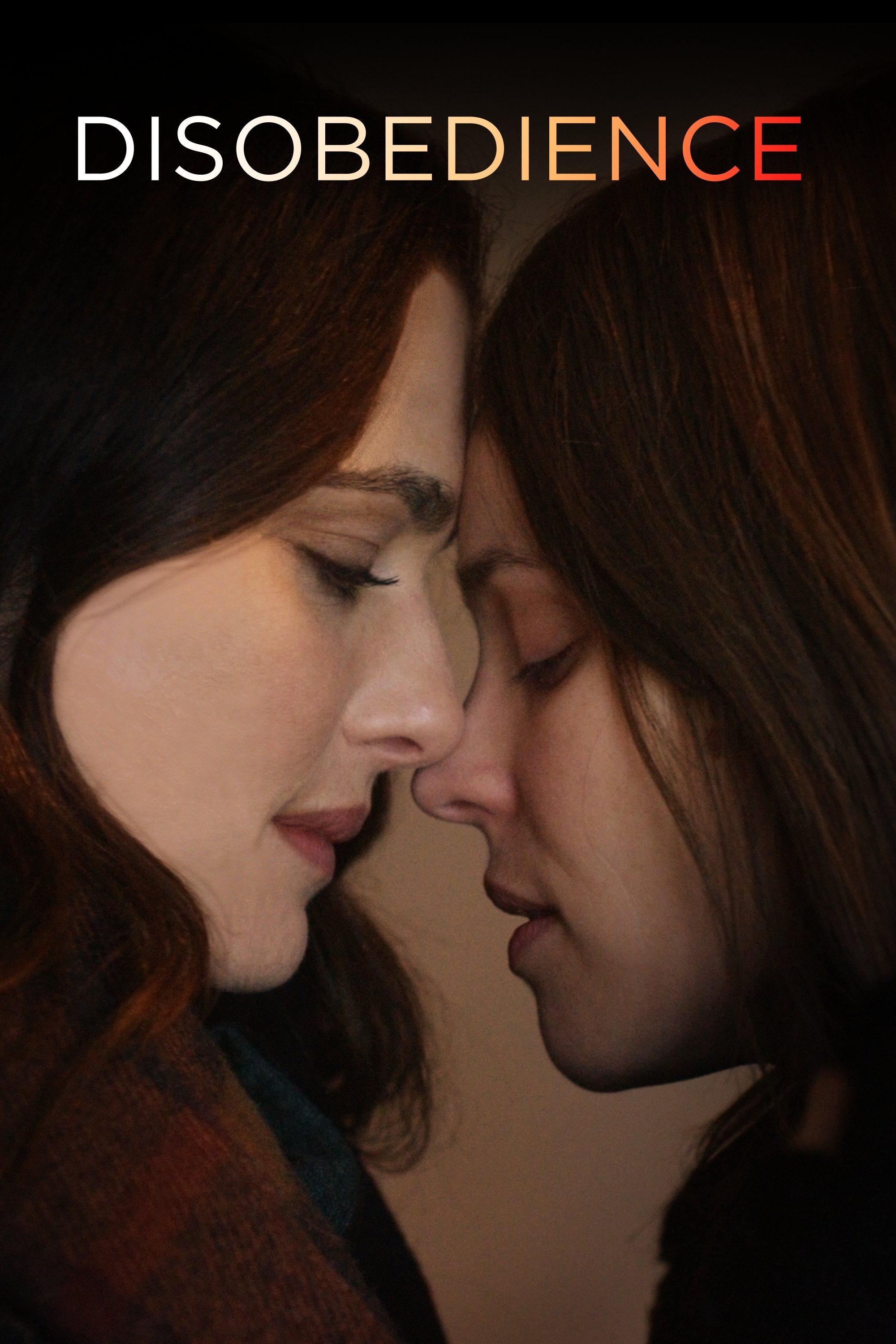
Reviews
Gimly
**Except from a conversation about the movie:** "I think _Disobedience_ could get some Oscar attention. It's depressing Jewish lesbians, so chances are pretty high. It was actually a pretty decent movie. Really didn't overplay the onscreen sex, which was good, but I do wish there were queer movies which were more middle of the spectrum. Seems like 99% of the time you either get hokey deliberate trash """comedies"""" made on 47c budgets like _Yeti: A Love Story_, or super serious (and almost always super grim) art-y dramas like _Moonlight_ that are very well made but also make you very upset... Don't get me wrong, I'm very thankful for both of those types of movies, but where's like... _Die Hard_ where Bruce Willis is a shirtlifter?" **P.S. I'm buying this soundtrack.** **_**Final rating:★★★ - I liked it. Would personally recommend you give it a go.**_**
Stephen Campbell
**_A well-told love story, set against a background of religious orthodoxy_** > _An important point to make from the outset is that Jewish law does_ not _teach that it is forbidden to be a homosexual. On the contrary, Jewish law is concerned not with the source of a person's erotic urges nor with inner feelings, but with acts. The Torah forbids the homosexual_ act_, known as_ mishkav zakhar_, but has nothing to say about homosexuality as a state of being or a personal inclination._ > _In other words, traditionally, a person with a homosexual inclination can be an entirely observant Jew a__s long as he or she does not act out that inclination._ > [...] > _Lesbianism is never mentioned in the Torah. One talmudic passage refers to homosexual acts between women: "R. Huna taught, Women who have sex one with the other are forbidden to marry a Kohen." The_ Halakhah _rejects Rav Huna's opinion and allows a lesbian to marry a Kohen. However, Maimonides ruled that lesbianism is still prohibited and should be punished by flagellation. The prohibition is not as stringent as that against male homosexuality because the Torah does not explicitly prohibit lesbianism, and because lesbianism does not involve the spilling of seed._ - Rabbi Michael Gold; _Does God Belong in the Bedroom?_ (1991) Depicting the problems that can arise when deeply held spiritual beliefs clash with notions of personal freedom, _Disobedience_ is the story of a forbidden love given a second chance. Based on Naomi Alderman's 2006 novel, written for the screen by Rebecca Lenkiewicz (_Ida_) and Sebastián Lelio, and directed by Lelio, the film covers some of the same thematic territory as Lelio's previous features; _Gloria_ (2013) deals with a 58-year-old divorcée trying to re-enter the dating scene by frequenting singles-bars, and the Oscar-winning _Una mujer fantástica_ (2017) looks at a transgender waitress trying to come to terms with the death of her boyfriend, whilst also navigating a prejudiced society. In _Disobedience_, Lelio turns his attention towards a lesbian relationship within London's relatively insular Modern Orthodox Jewish community. What all three films have in common is the centrality of a complex and strong woman facing up to (almost exclusively patriarchal) societal hostility. Kind of like a cross between Todd Haynes's _Carol_ (2015) and Daniel Kokotajlo's _Apostasy_ (2017), _Disobedience_ eschews melodrama, and is uninterested in presenting a binary story where faith is the Big Bad. Although it is certainly critical of the strictures that can result from a rigid application of _Halacha_ [Jewish religious laws] and/or a literal interpretation of the _Taryag Mitzvot_ [613 Commandments], the community itself is depicted respectfully, with the most representative Jewish character arguably the most sympathetic figure in the film. _Disobedience_ does feature a very graphic lesbian sex scene, but it's one of the most thematically justified, least exploitative sex scenes I can remember, crystallising many of Lelio's thematic concerns. Although things can be far too on the nose from time to time, Lelio's subtle and non-intrusive direction more than compensates for that, and overall, this is a fine film, both thought-provoking and moving. The story opens in a synagogue in London as Krushka (the great Anton Lesser), the local Rav, (similar to a rabbi, except an _Halachic_ expert) delivers a sermon explaining that angels and demons are locked into their destinies, with only humanity "_free to choose_". This freedom, however, is both a privilege and a great burden, as it affords humanity the opportunity to disobey the edicts of _HaShem_ [lit. "The Name"; used to refer to God when discussing Him outside scripture]. However, before completing his sermon, Krushka keels over and dies. Meanwhile, in New York, Ronit (Rachel Weisz), his estranged and non-practising daughter gets word of his death. After getting drunk and having anonymous sex with a man in a toilet, Ronit heads back to England. At the home of her childhood friend, Dovid Kuperman (an extraordinary Alessandro Nivola), Krushka's understudy, Ronit quickly learns the community is not especially pleased to see her, as the shadow under which she left has not dissipated. Despite this, and although he wasn't expecting her, Dovid is happy to let Ronit stay with him and his wife, who, Ronit is stunned to learn, is her former best friend, Esti (Rachel McAdams). The film then plays out over the next few days, as the community prepares for Krushka's _levaya_ [funeral], as it becomes apparent that Ronit and Esti were once more than friends, which may, or may not, have had something to do with Ronit's departure and her estrangement from her father. However, the more time they spend in one another's company, the more their once-held passion for one another bubbles to the surface. Thematically, _Disobedience_ is far more concerned with the clash of views that results from Ronit's return than it is with condemning the beliefs of the community _per se_. When she first arrives at Dovid's house, she instinctively reaches out to hug him, forgetting about _negiah_ [the forbidding of physical contact between men and women not related by blood, or married], and he immediately, although not unkindly, recoils. This tells us both how long she has been away, and how thoroughly she has rejected the doctrines of the faith. Later, there is an exceptionally awkward (but very funny) _Shabbat_ [Jewish day of rest] meal, where Ronit seems to take great delight in being as outrageous as possible, riling up the assembled guests with her progressive worldview. In a discussion about the role of women in society, for example, she points out that every time a woman gets married and takes her husband's surname, a part of that woman's history is erased. This kind of ideological conflict, however, is also found _within_ the characters themselves. Esti, for example, is torn between her desire for Ronit on the one hand, and her commitment to Dovid and her belief in their faith on the other. For her part, Ronit too internalises discord; although she has been estranged from him for many years, she is genuinely hurt to learn just how completely Krushka had divorced himself of her memory, seen most clearly when his obituary refers to him as "_sadly childless_". Tellingly, during the _Shabbat_ dinner, Dovid tries to play peacekeeper, whilst a couple of cutaways to Esti show her smiling to herself as Ronit burrows under the skin of those present. This kind of delicate touch on Lelio's part can be seen throughout the film, with numerous wordless gestures allowing the actors to convey backstory in lieu of exposition. For example, after Ronit arrives, although Dovid recoils when she tries to hug him, and although when she tries to light up a cigarette in his kitchen, he asks her to smoke in the garden, he accompanies her outside, shielding the flame from the wind in a gesture both kind and intimate. Another excellent example is found later that night as Dovid and Esti prepare for bed, and Esti gently and playfully strokes his beard, suggesting her genuine affection for him. On paper, the story might lend itself to a condemnation of the kind of social suffocation and emotional repression that can result from fundamentalism. Instead, however, the film spends time building a respectful, if not idealised, picture of the community's beliefs and practices. Although no-one is especially happy that Ronit is back, they are never openly hostile, the way Hasidic Jews, for example, might be. A key part of this respect is Dovid himself, played by Nivola (in an Oscar-worthy career-best performance) as an inherently decent and honourable man; when Ronit returns, he is the only one to extend her a genuine welcome. In a less nuanced film, Dovid would be a fire-and-brimstone obstacle to Ronit and Esti's happiness, a Roger Chillingworth-type personification of traditionalism and rigidity. Instead he is presented as someone who, like Esti, faces a difficult choice – that between his communal position and his faith on the one hand, and his genuine love of Esti and affection for Ronit on the other, his lifelong devotion to the _Tanakh_ [Hebrew Bible] conflicting with the modern day progressive sensibilities that come from living in a metropolis. Indeed, perhaps Dovid's most salient characteristic is conflict – when he tries to lay down the law to Esti regarding her conduct, his heart never seems in it; when he expresses disgust at her tryst with Ronit, he almost seems embarrassed to be reacting the way he is. This conflict is manifested aesthetically in a scene where Dovid is addressing the synagogue. Lelio films the scene in such a tight close-up, that every time Nivola moves even slightly off his mark, he goes out of focus. It's a brilliant example of content generating form, and is typical of Lelio's directorial lightness of touch. However, for all that, the film never lets you forget that this is a community of _negiah_, where married women must wear a _sheitel_ [wig] in public, and where the genders are strictly divided at religious services. As Ronit and Esti discuss their sexuality, Esti points out that she and Dovid have sex every Friday night, "_as is expected_", and that the reason she was married to Dovid in the first place was that Krushka hoped "_marriage would cure_" her, a concept not a million miles away from homosexual conversion therapy. In this sense, although respectful of the community, even depicting some of the communal benefits of such a tight-knit group, the film does challenge some of the tenets of their belief system, particularly its rigid traditionalism and myopic sexism, both of which feel increasingly out of place in the early 21st-century. In this, _Disobedience_ fits very much into Lelio's _oeuvre_, with all three of his films dealing with repressive _milieus_ placing restrictions on women. Obviously, a major theme throughout is sexuality. Much has been made of the sex scene between Ronit and Esti, with some critics accusing it of being little more than titillation at best, a graphic example of the male gaze at worst. However, this reading is to completely miss the point of the scene in relation to the narrative as a whole. There are actually two sex scenes in the film; one between Ronit and Esti, and the other between Esti and Dovid. And although they couldn't be more different, they also couldn't exist without one another, as the abandonment, lust, and sense of pressure being released when Esti is with Ronit contrasts sharply with the detached, formulaic, and passionless scene with Dovid; the two scenes explicitly comment on one another, each hinting at the meaning to be found in its counterpart. In this, they recall the four sex scenes in David Cronenberg's _A History of Violence_ (2005) and Abdellatif Kechiche's _La Vie d'Adèle – Chapitres 1 & 2_ (2013), two sets of two scenes which, again, comment upon and contextualise one another. The scene between Ronit and Esti is the physical manifestation of the characters' long-repressed desire for one another, a release of the yearning that has been building up for years. It's a wholly justified narrative moment, and a completely necessary beat for the two characters. It's not an aside or a piece of voyeuristic male fantasy, it's the centre of the whole film. Together, the two scenes represent Esti's binary choice – an unbridled and sexually fulfilling, but unstable relationship with Ronit, or a dutiful and dull, but respectful and secure relationship with Dovid. If I had one major criticism, it would be that although Lelio's direction is extremely subtle, some of his and Lenkiewicz's writing choices are spectacularly on the nose. The opening sermon is a good example – a religious diatribe whose subject is mankind's freedom to choose, the concomitant ability to disobey, and the notion that freedom is impossible without sacrifice, in a film about these very same issues. Another example is that Dovid and his _yeshiva_ students are discussing the one book of the _Tanakh_ dealing with sexuality rather than spirituality, the _Song of Songs_, whilst Esti's secondary school students are studying adultery in _Othello_. The worst example of this, however, is found when Ronit and Esti go to Krushka's house and Ronit turns on the radio, which just so happens to be playing The Cure's "Lovesong", a song which perfectly encapsulates their situation ("_Whenever I'm alone with you/You make me feel like I am home again_"). It's not exactly subtle. I'm also not a massive fan of Matthew Herbert's score, with its jaunty use of woodwinds cutting against the ominous tone of the narrative. These two issues aside though, this is an excellently crafted film. Once again examining female desire, issues of patriarchal oppression, and profound self-doubt, Lelio delivers a mature and considered meditation on the conflict between faith and sexuality. Eschewing the kinds of black and white criticism of secular isolationism as seen in films such as Sidney Lumet's _A Stranger Among Us_ (1992) or Boaz Yakin's _A Price Above Rubies_ (1998), Lelio respects the _milieu_ too much to cast it as the villain. Instead, there is an elegance to the way in which he depicts it. Equal parts sensual and spiritual, the lethargic pace and absence of any narrative fireworks will probably alienate some, especially those expecting a pseudo-porn movie, but for the rest of us, this is thoughtful and provocative cinema in the best sense of the term.
Movie Recommendation
 Promises2022-01-26Clémence, the fearless mayor of a town near Paris, is completing the final term of her political career. With her faithful right-hand man Yazid, she has long fought for this town plagued by inequality, unemployment and slumlords. However, when Clémence is approached to become Minister, her ambition arises, questioning her devotion and commitment to her citizens. Will her political integrity and election promises survive her newly found ambition?More...
Promises2022-01-26Clémence, the fearless mayor of a town near Paris, is completing the final term of her political career. With her faithful right-hand man Yazid, she has long fought for this town plagued by inequality, unemployment and slumlords. However, when Clémence is approached to become Minister, her ambition arises, questioning her devotion and commitment to her citizens. Will her political integrity and election promises survive her newly found ambition?More... The Monk and the Gun2023-10-17An American travels to Bhutan searching for a valuable antique rifle and crosses paths with a young monk who wanders through the serene mountains, instructed by his teacher to make things right again.More...
The Monk and the Gun2023-10-17An American travels to Bhutan searching for a valuable antique rifle and crosses paths with a young monk who wanders through the serene mountains, instructed by his teacher to make things right again.More... The 50 Years War: Israel and the Arabs1998-03-15Decision-makers from Israel, the Arab states, Russia, and the U.S. tell the inside story of the Arab-Israel conflict. Charts the evolution of tensions, violence, and peace efforts from 1948 to 1998.More...
The 50 Years War: Israel and the Arabs1998-03-15Decision-makers from Israel, the Arab states, Russia, and the U.S. tell the inside story of the Arab-Israel conflict. Charts the evolution of tensions, violence, and peace efforts from 1948 to 1998.More...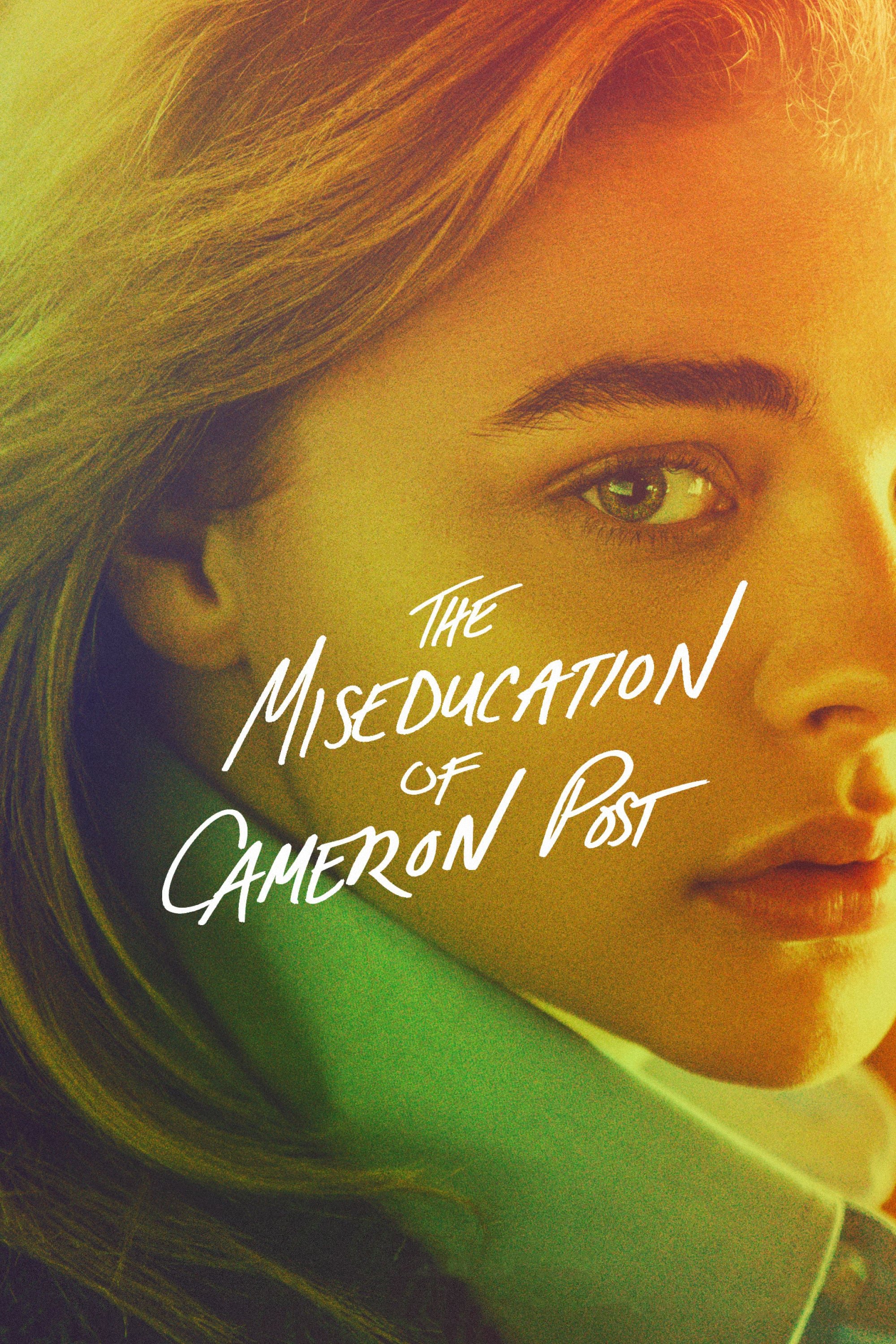 The Miseducation of Cameron Post2018-07-18Pennsylvania, 1993. After getting caught with another girl, teenager Cameron Post is sent to a conversion therapy center run by the strict Dr. Lydia Marsh and her brother, Reverend Rick, whose treatment consists in repenting for feeling “same sex attraction.” Cameron befriends fellow sinners Jane and Adam, thus creating a new family to deal with the surrounding intolerance.More...
The Miseducation of Cameron Post2018-07-18Pennsylvania, 1993. After getting caught with another girl, teenager Cameron Post is sent to a conversion therapy center run by the strict Dr. Lydia Marsh and her brother, Reverend Rick, whose treatment consists in repenting for feeling “same sex attraction.” Cameron befriends fellow sinners Jane and Adam, thus creating a new family to deal with the surrounding intolerance.More... Freeheld2015-10-02New Jersey car mechanic Stacie Andree and her police detective girlfriend Laurel Hester both battle to secure Hester's pension benefits after she was diagnosed with a terminal illness.More...
Freeheld2015-10-02New Jersey car mechanic Stacie Andree and her police detective girlfriend Laurel Hester both battle to secure Hester's pension benefits after she was diagnosed with a terminal illness.More... Below Her Mouth2017-02-10An unexpected affair quickly escalates into a heart-stopping reality for two women whose passionate connection changes their lives forever.More...
Below Her Mouth2017-02-10An unexpected affair quickly escalates into a heart-stopping reality for two women whose passionate connection changes their lives forever.More... Jenny's Wedding2015-07-31Jenny Farrell is getting married. But how will her straight-laced family react when they find out that the woman they thought was their daughter’s roommate is actually her fiancée? As the old-fashioned Farrells attempt to come to terms with the prospect of a surprise daughter-in-law, they face a difficult choice: either adapt with the times or risk being left behind.More...
Jenny's Wedding2015-07-31Jenny Farrell is getting married. But how will her straight-laced family react when they find out that the woman they thought was their daughter’s roommate is actually her fiancée? As the old-fashioned Farrells attempt to come to terms with the prospect of a surprise daughter-in-law, they face a difficult choice: either adapt with the times or risk being left behind.More... A Fantastic Woman2017-04-06Marina's life is thrown into turmoil following the death of her partner. Mourning the loss of the man she loved, she finds herself under intense scrutiny from those with no regard for her privacy.More...
A Fantastic Woman2017-04-06Marina's life is thrown into turmoil following the death of her partner. Mourning the loss of the man she loved, she finds herself under intense scrutiny from those with no regard for her privacy.More... On Chesil Beach2018-01-19In 1962 England, a young couple finds their idyllic romance colliding with issues of sexual freedom and societal pressure, leading to an awkward and fateful wedding night.More...
On Chesil Beach2018-01-19In 1962 England, a young couple finds their idyllic romance colliding with issues of sexual freedom and societal pressure, leading to an awkward and fateful wedding night.More... Loving Annabelle2007-05-24Annabelle is the wise-beyond-her-years newcomer to an exclusive Catholic girls school. Having been expelled from her first two schools she's bound to stir some trouble. Sparks fly though when sexual chemistry appears between her and the Head of her dorm and English teacher, Simone Bradley. Annabelle pursues her relentlessly and until the end the older woman manages to avoid the law.More...
Loving Annabelle2007-05-24Annabelle is the wise-beyond-her-years newcomer to an exclusive Catholic girls school. Having been expelled from her first two schools she's bound to stir some trouble. Sparks fly though when sexual chemistry appears between her and the Head of her dorm and English teacher, Simone Bradley. Annabelle pursues her relentlessly and until the end the older woman manages to avoid the law.More...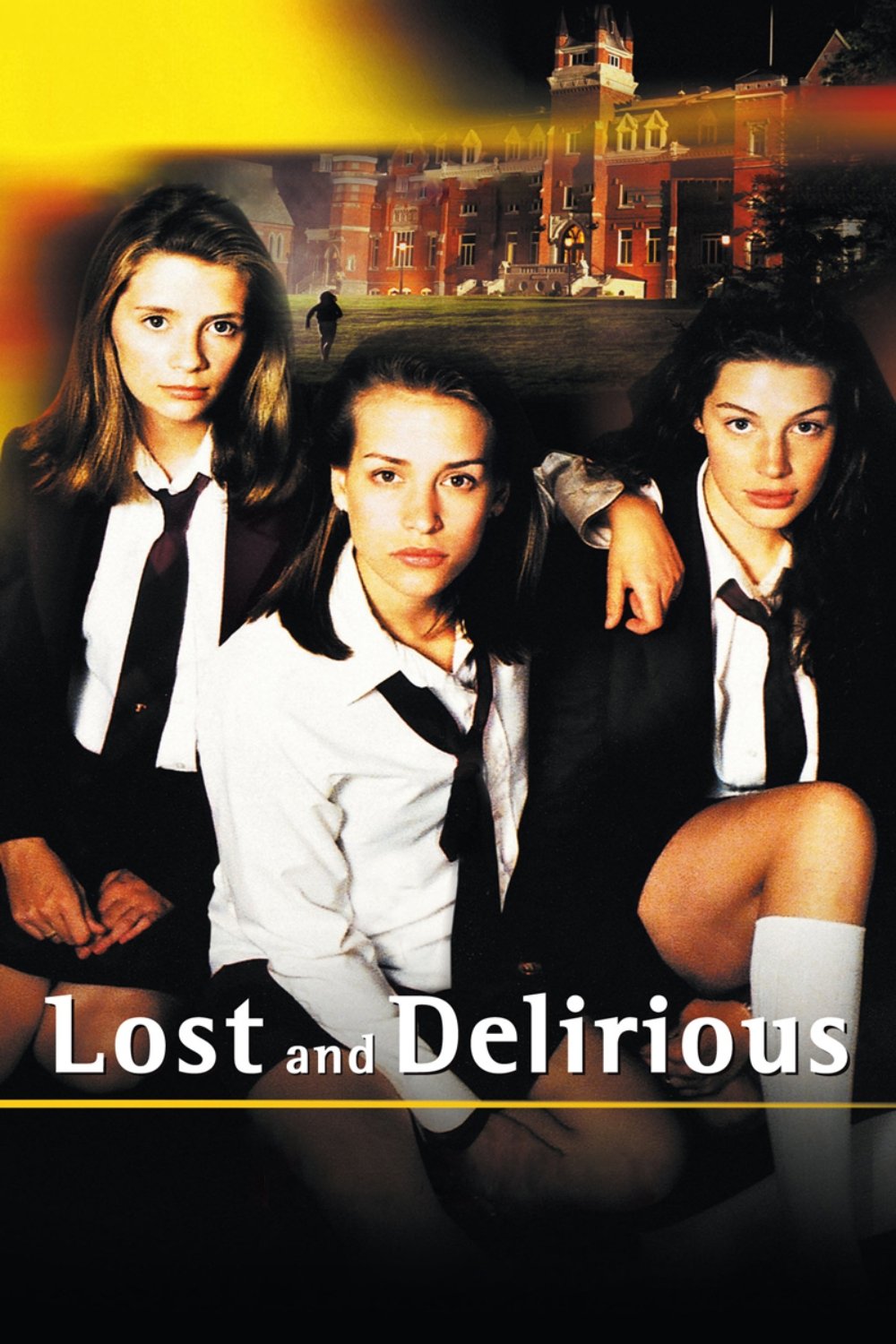 Lost and Delirious2001-01-21After starting at an upmarket boarding school, a teenage girl forms close friendships with her two older roommates. However, when she discovers that her new friends are lovers she finds herself caught in a complicated situation.More...
Lost and Delirious2001-01-21After starting at an upmarket boarding school, a teenage girl forms close friendships with her two older roommates. However, when she discovers that her new friends are lovers she finds herself caught in a complicated situation.More... Every Thing Will Be Fine2015-04-02One day, driving aimlessly around the outskirts of town after a trivial domestic quarrel, a writer named Tomas accidentally hits and kills a child. Will he be able to move on?More...
Every Thing Will Be Fine2015-04-02One day, driving aimlessly around the outskirts of town after a trivial domestic quarrel, a writer named Tomas accidentally hits and kills a child. Will he be able to move on?More... Jane2017-12-28Drawing from never-before-seen footage that has been tucked away in the National Geographic archives, director Brett Morgen tells the story of Jane Goodall, a woman whose chimpanzee research revolutionized our understanding of the natural world.More...
Jane2017-12-28Drawing from never-before-seen footage that has been tucked away in the National Geographic archives, director Brett Morgen tells the story of Jane Goodall, a woman whose chimpanzee research revolutionized our understanding of the natural world.More... Thursday1998-09-25A former Los Angeles drug dealer moves far away to Texas, making a new life for himself as a married architect in the suburbs. His old crime partner unexpectedly shows up with heroin and gangster business, attracting a slew of violent unsavory characters.More...
Thursday1998-09-25A former Los Angeles drug dealer moves far away to Texas, making a new life for himself as a married architect in the suburbs. His old crime partner unexpectedly shows up with heroin and gangster business, attracting a slew of violent unsavory characters.More... Complete Unknown2016-08-26Tom’s birthday dinner party is turned upside down by the unexpected arrival of Alice, an old flame who changed her identity and vanished without a trace 15 years prior.More...
Complete Unknown2016-08-26Tom’s birthday dinner party is turned upside down by the unexpected arrival of Alice, an old flame who changed her identity and vanished without a trace 15 years prior.More...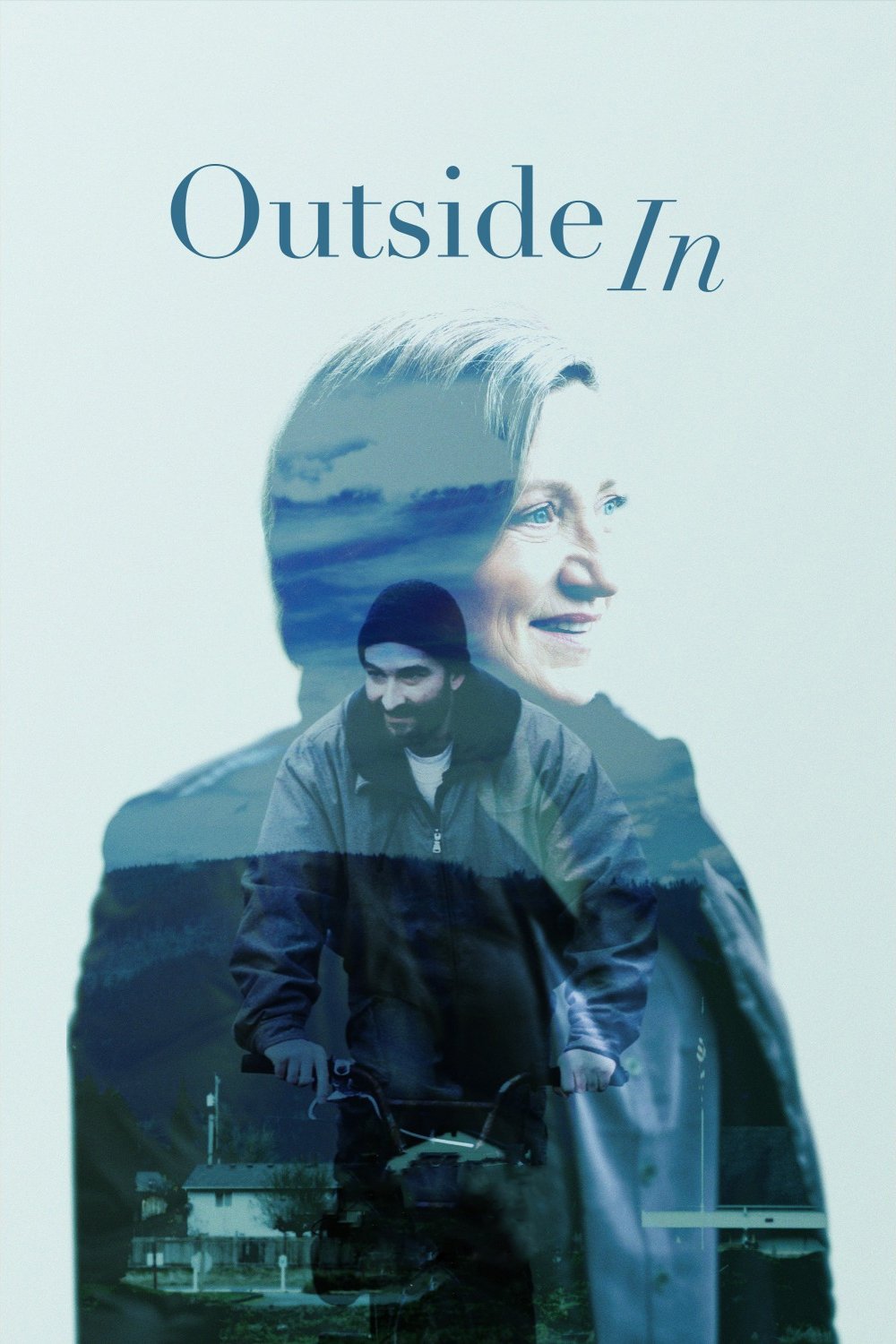 Outside In2018-03-30An ex-con struggling to readjust to life in his small town forms an intense bond with his former high-school teacher.More...
Outside In2018-03-30An ex-con struggling to readjust to life in his small town forms an intense bond with his former high-school teacher.More... Advantageous2015-06-23In a near-future city where soaring opulence overshadows economic hardship, Gwen and her daughter, Jules, do all they can to hold on to their joy, despite the instability surfacing in their world.More...
Advantageous2015-06-23In a near-future city where soaring opulence overshadows economic hardship, Gwen and her daughter, Jules, do all they can to hold on to their joy, despite the instability surfacing in their world.More...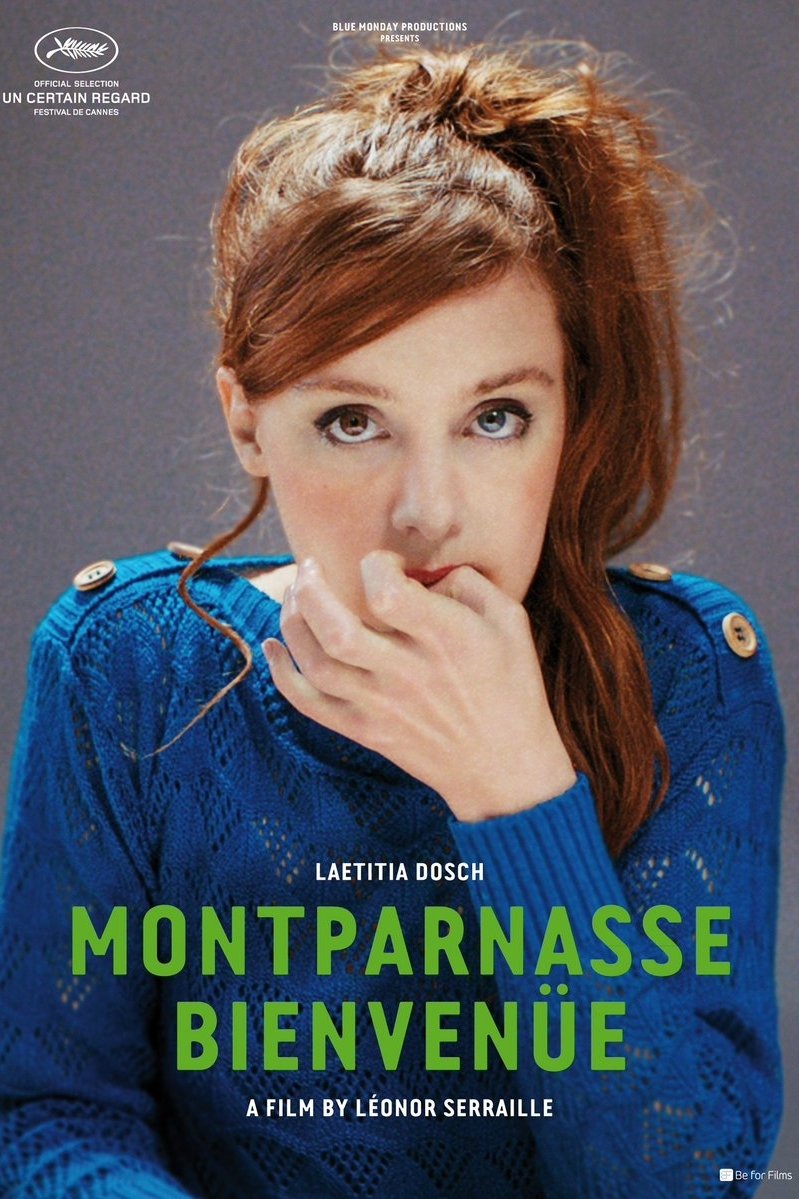 Jeune Femme2017-11-01Broke, with nothing but her cat to her name and doors closing in her face, Paula is back in Paris after a long absence. As she meets different people along the way, there is one thing she knows for sure: she's determined to make a new start and she'll do it with style and panache.More...
Jeune Femme2017-11-01Broke, with nothing but her cat to her name and doors closing in her face, Paula is back in Paris after a long absence. As she meets different people along the way, there is one thing she knows for sure: she's determined to make a new start and she'll do it with style and panache.More... Bob Trevino Likes It2025-03-20Lily Trevino unexpectedly befriends an online stranger who shares her self-centered father’s name. This new Bob Trevino’s support could transform her life.More...
Bob Trevino Likes It2025-03-20Lily Trevino unexpectedly befriends an online stranger who shares her self-centered father’s name. This new Bob Trevino’s support could transform her life.More... J.T. LeRoy2019-04-26A young woman named Savannah Knoop spends six years pretending to be a transgender writer named JT Leroy, the made-up literary persona of her sister-in-law.More...
J.T. LeRoy2019-04-26A young woman named Savannah Knoop spends six years pretending to be a transgender writer named JT Leroy, the made-up literary persona of her sister-in-law.More...
Similar Movies
All the Crows in the ...
 2021-06-1318-year-old Shengnan is invited to a mysterious party by her cousin. Upon arrival, Shengnan finds herself surrounded by greasy middle-aged men, with the exception of Jianguo, who is different. Shengnan and Jianguo decide to bail on the party, embarking on a night of adventures in the adult world.
2021-06-1318-year-old Shengnan is invited to a mysterious party by her cousin. Upon arrival, Shengnan finds herself surrounded by greasy middle-aged men, with the exception of Jianguo, who is different. Shengnan and Jianguo decide to bail on the party, embarking on a night of adventures in the adult world.Dirty
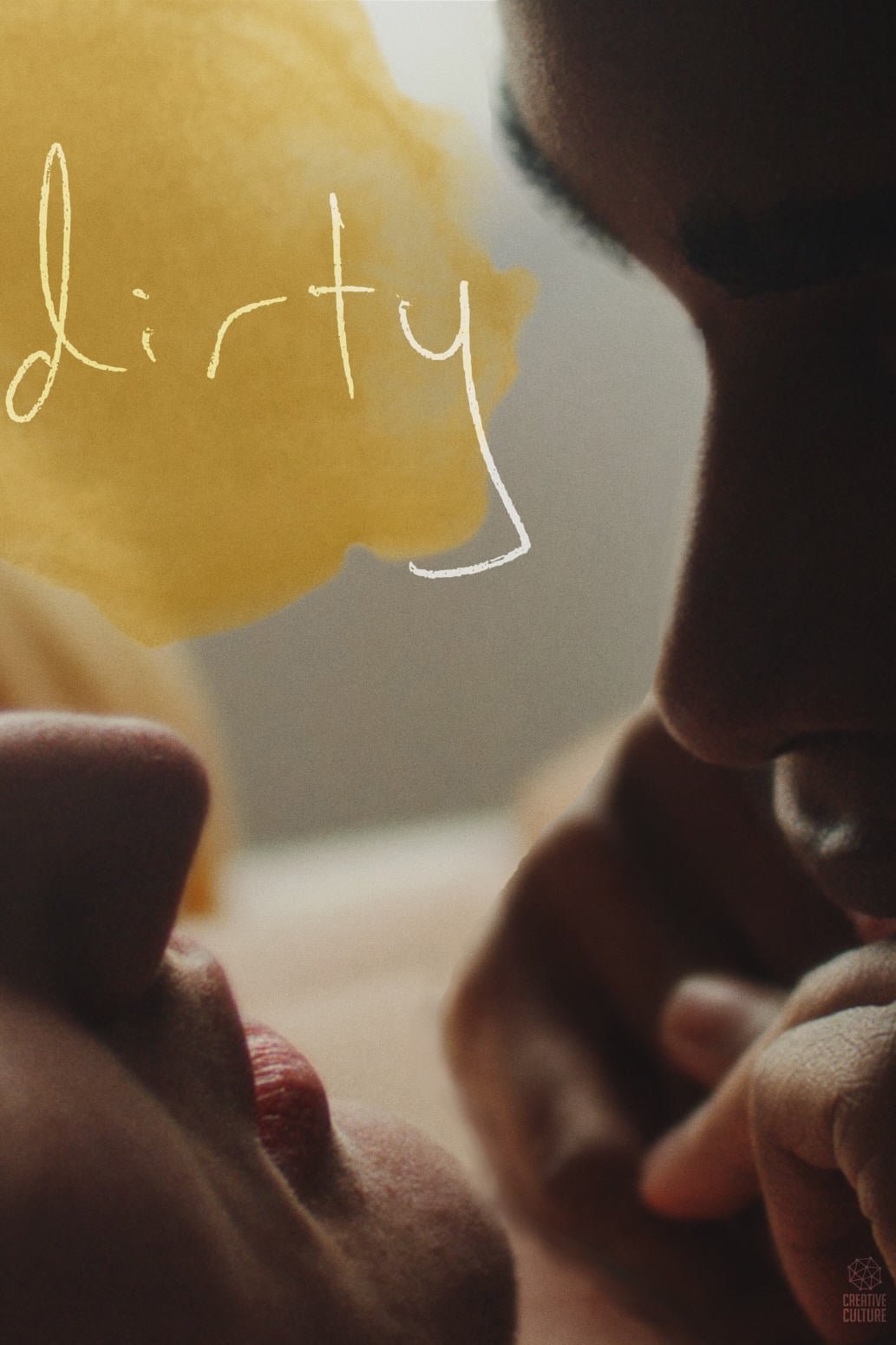 2020-01-24Marco cuts class to spend the afternoon with his boyfriend, Graham. Things do not go as planned.
2020-01-24Marco cuts class to spend the afternoon with his boyfriend, Graham. Things do not go as planned.Young Soul Rebels
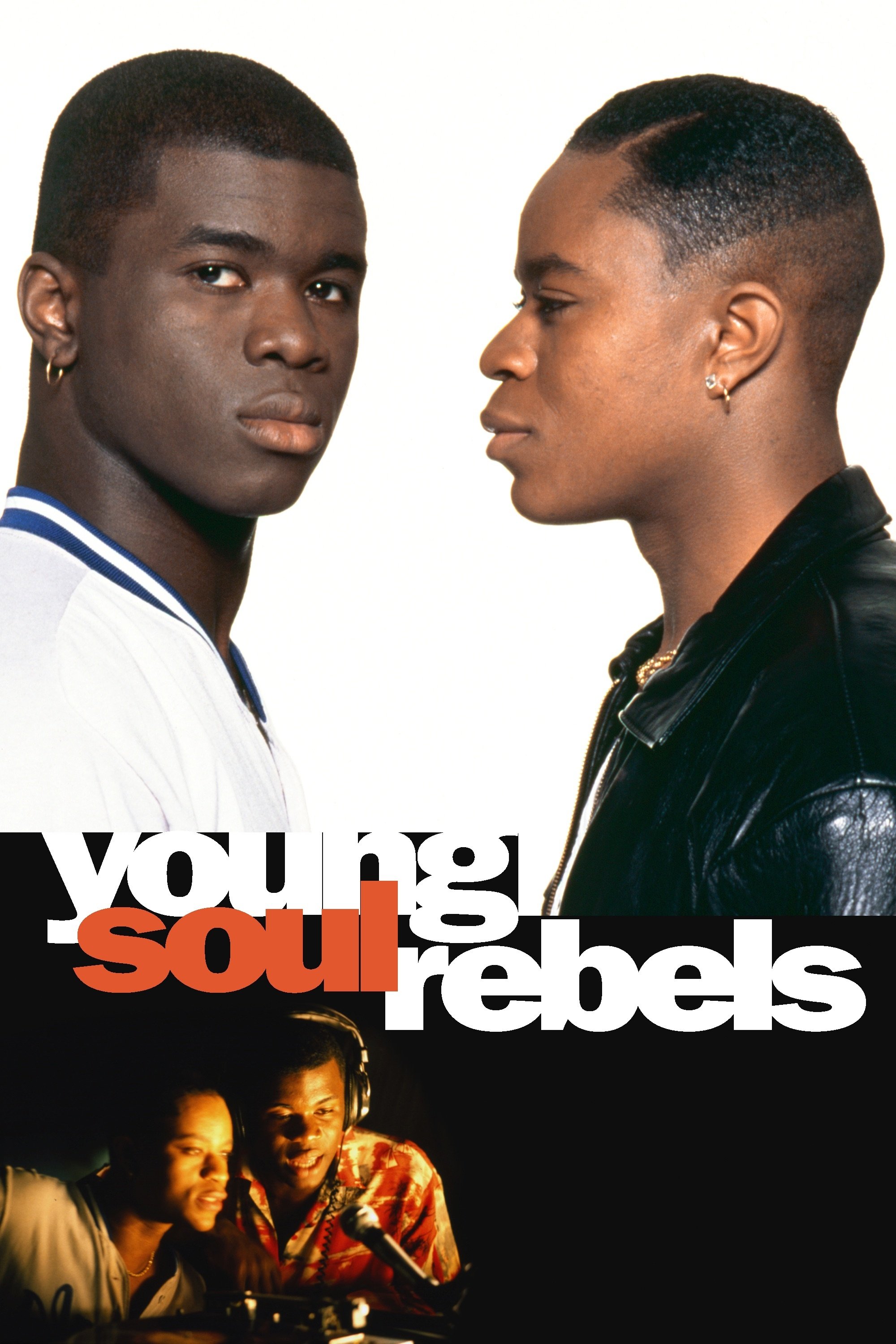 1991-08-09Two disc jockeys have a friend's murder to solve in the fringe-group melting pot of 1977 London.
1991-08-09Two disc jockeys have a friend's murder to solve in the fringe-group melting pot of 1977 London.Queens
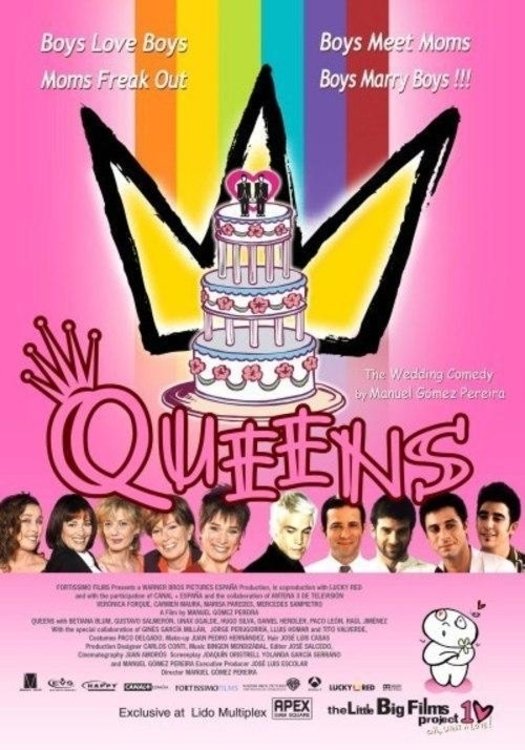 2005-04-08In Spain, a couple of days before a collective gay wedding, the lives of five mothers, whose sons will get married, are entwined: Judge Helena is in charge of the ceremony; the entrepreneur in hotel business Magda is hosting the guests in her hotel and is responsible for the banquet, while facing a strike leaded by her lover and chef; the nymphomaniac Nuria is facing problems due to her disease; the wealthy Reyes is having a crush for the father of her son's mate and her gardener; and the Argentinean cooker Ofelia is facing financial problems and difficulties in with her son's mate. Along three days, they have complicated relationships with their sons and mates, ex-husbands, lovers and employees.
2005-04-08In Spain, a couple of days before a collective gay wedding, the lives of five mothers, whose sons will get married, are entwined: Judge Helena is in charge of the ceremony; the entrepreneur in hotel business Magda is hosting the guests in her hotel and is responsible for the banquet, while facing a strike leaded by her lover and chef; the nymphomaniac Nuria is facing problems due to her disease; the wealthy Reyes is having a crush for the father of her son's mate and her gardener; and the Argentinean cooker Ofelia is facing financial problems and difficulties in with her son's mate. Along three days, they have complicated relationships with their sons and mates, ex-husbands, lovers and employees.Short
 2013-09-0117-year-old Arend lives with his parents and hasn't come out of the closet yet. His first step into the gay world of love is on a date with handsome Michael, a guy he met on a gay dating site. They arrange to meet and Arend ventures to the other side of the country only to discover that Michael is not quite what he imagined.
2013-09-0117-year-old Arend lives with his parents and hasn't come out of the closet yet. His first step into the gay world of love is on a date with handsome Michael, a guy he met on a gay dating site. They arrange to meet and Arend ventures to the other side of the country only to discover that Michael is not quite what he imagined.Seeking: Jack Tripper...
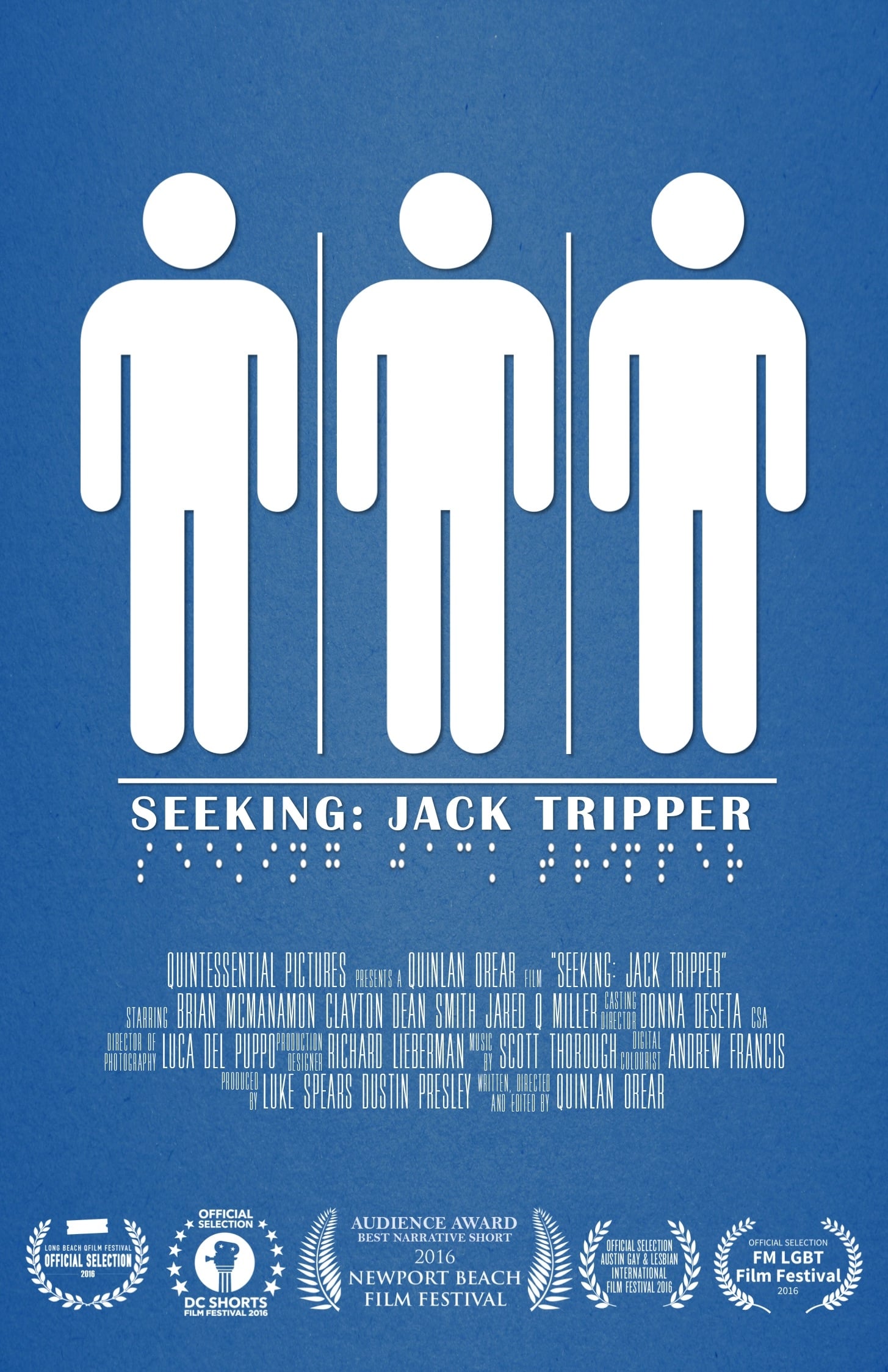 2015-06-20Tucker and Lance have been married for a few years now and are grappling with the onset of monotony. Both are loyal and supportive spouses, but the marriage rut which looms overhead has both in a quiet panic. The idea of pursuing a threesome has become a live-in white elephant; the practice is a stereotypical solution in the gay community and both partners begrudgingly agree to comply in an effort to appease the other. It isn’t long, however, before Tucker and Lance realize that domestic life has made them lame in the art of seduction, and in order to land the man of their mutual desires, they'll have to work together.
2015-06-20Tucker and Lance have been married for a few years now and are grappling with the onset of monotony. Both are loyal and supportive spouses, but the marriage rut which looms overhead has both in a quiet panic. The idea of pursuing a threesome has become a live-in white elephant; the practice is a stereotypical solution in the gay community and both partners begrudgingly agree to comply in an effort to appease the other. It isn’t long, however, before Tucker and Lance realize that domestic life has made them lame in the art of seduction, and in order to land the man of their mutual desires, they'll have to work together.Maybe... Maybe Not
 1994-10-05The heterosexual man Axel is thrown out of his girlfriends home for cheating and ends up moving in with a gay man. Axel learns the advantages of living with gay men even though they are attracted to him and when his girlfriend wants him back he must make a tough decision.
1994-10-05The heterosexual man Axel is thrown out of his girlfriends home for cheating and ends up moving in with a gay man. Axel learns the advantages of living with gay men even though they are attracted to him and when his girlfriend wants him back he must make a tough decision.All of Us Strangers
 2023-12-22One night in his near-empty tower block in contemporary London, Adam has a chance encounter with a mysterious neighbor Harry, which punctures the rhythm of his everyday life.
2023-12-22One night in his near-empty tower block in contemporary London, Adam has a chance encounter with a mysterious neighbor Harry, which punctures the rhythm of his everyday life.Time to Leave
 2005-05-16Romain, 31, a fashion photographer with terminal cancer, elects to die alone, preparing others to live past him rather than prolong the inevitable with chemotherapy or be smothered in sympathy by those who know him.
2005-05-16Romain, 31, a fashion photographer with terminal cancer, elects to die alone, preparing others to live past him rather than prolong the inevitable with chemotherapy or be smothered in sympathy by those who know him.Gucha!
 2006-11-14Juliet, a white girl, falls in love with a dark-skinned romeo, a divine trumpet player from the Roma orchestra. But her father Satchmo doesn't accept Romeo. Romeo needs to fight for Juliet at the legendary Festival of the trumpeters in Gucha.
2006-11-14Juliet, a white girl, falls in love with a dark-skinned romeo, a divine trumpet player from the Roma orchestra. But her father Satchmo doesn't accept Romeo. Romeo needs to fight for Juliet at the legendary Festival of the trumpeters in Gucha.Lovely Man
 2011-09-30A deeply religious young woman spends one powerful evening reconnecting with a long-lost parent, who now makes a living as a sex worker in Jakarta.
2011-09-30A deeply religious young woman spends one powerful evening reconnecting with a long-lost parent, who now makes a living as a sex worker in Jakarta.Aimée & Jaguar
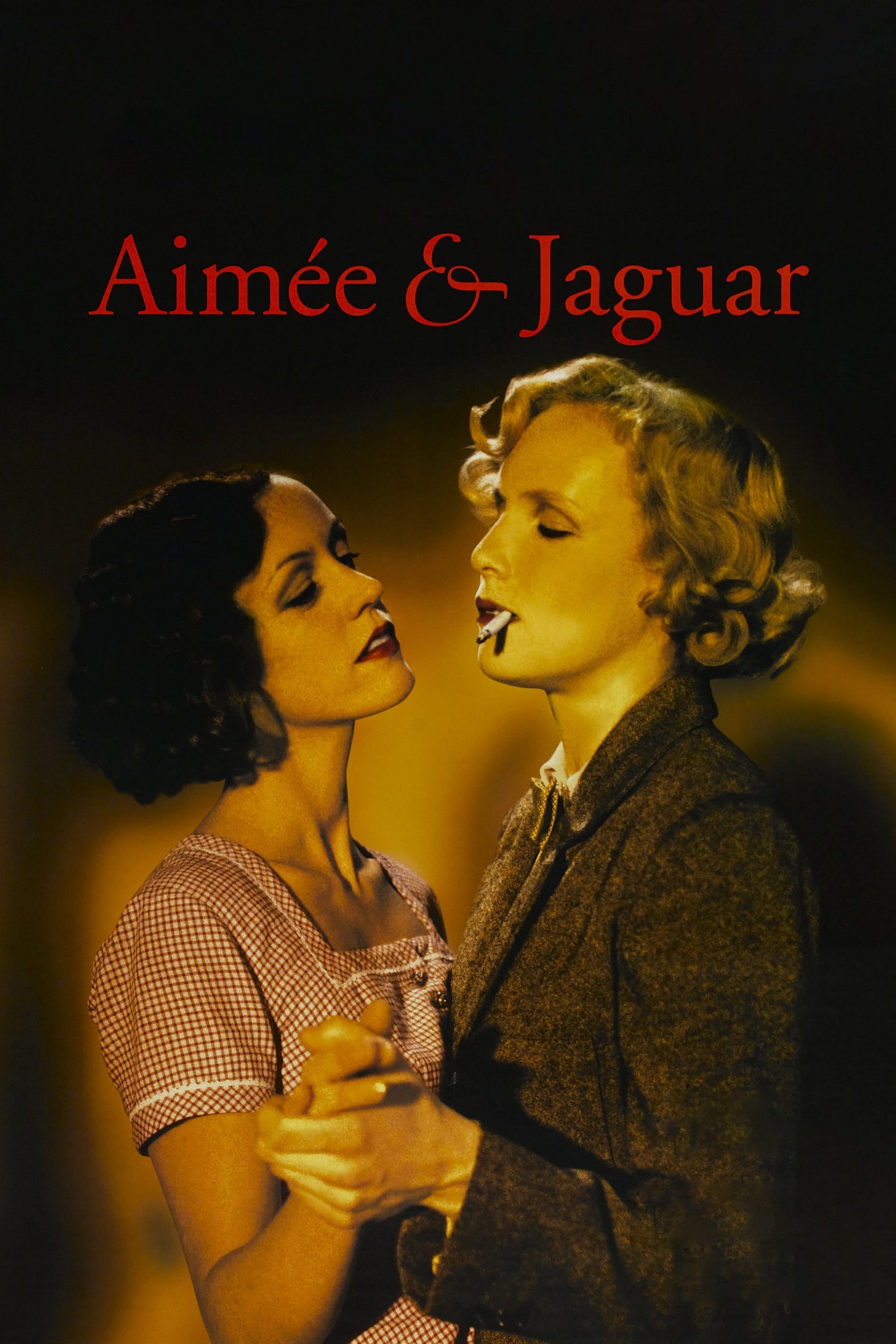 1999-02-11In 1943, while the Allies are bombing Berlin and the Gestapo is purging the capital of Jews, a dangerous love affair blossoms between two women – one a Jewish member of the underground, the other an exemplar of Nazi motherhood.
1999-02-11In 1943, while the Allies are bombing Berlin and the Gestapo is purging the capital of Jews, a dangerous love affair blossoms between two women – one a Jewish member of the underground, the other an exemplar of Nazi motherhood.Chasing Amy
 1997-04-04Holden and Banky are comic book artists. Everything is going good for them until they meet Alyssa, also a comic book artist. Holden falls for her, but his hopes are crushed when he finds out she's a lesbian.
1997-04-04Holden and Banky are comic book artists. Everything is going good for them until they meet Alyssa, also a comic book artist. Holden falls for her, but his hopes are crushed when he finds out she's a lesbian.A Love in Germany
 1983-10-26In May of 1983, a man turns 49 and, with his 17-year old son, journeys to the village in Baden that he left 40 years before. He wants to discover what happened then, the truth about an affair his mother had with a young Polish prisoner of war, how the authorities came to learn of it, the lovers' arrest, and the aftermath. While his son takes Polaroid photographs, he retraces the steps of his childhood and interviews those who should remember. The story is disclosed in flashbacks that focus on the lovers (Paulina and Stanislaus), on a jealous and conniving neighbor, and on Mayer, the local SS commander who wants to find a way out of inevitable consequences.
1983-10-26In May of 1983, a man turns 49 and, with his 17-year old son, journeys to the village in Baden that he left 40 years before. He wants to discover what happened then, the truth about an affair his mother had with a young Polish prisoner of war, how the authorities came to learn of it, the lovers' arrest, and the aftermath. While his son takes Polaroid photographs, he retraces the steps of his childhood and interviews those who should remember. The story is disclosed in flashbacks that focus on the lovers (Paulina and Stanislaus), on a jealous and conniving neighbor, and on Mayer, the local SS commander who wants to find a way out of inevitable consequences.Closer
 2004-12-03A love story about chance meetings, instant attractions, and casual betrayals. Four strangers - with one thing in common: each other.
2004-12-03A love story about chance meetings, instant attractions, and casual betrayals. Four strangers - with one thing in common: each other.The Wounded Man
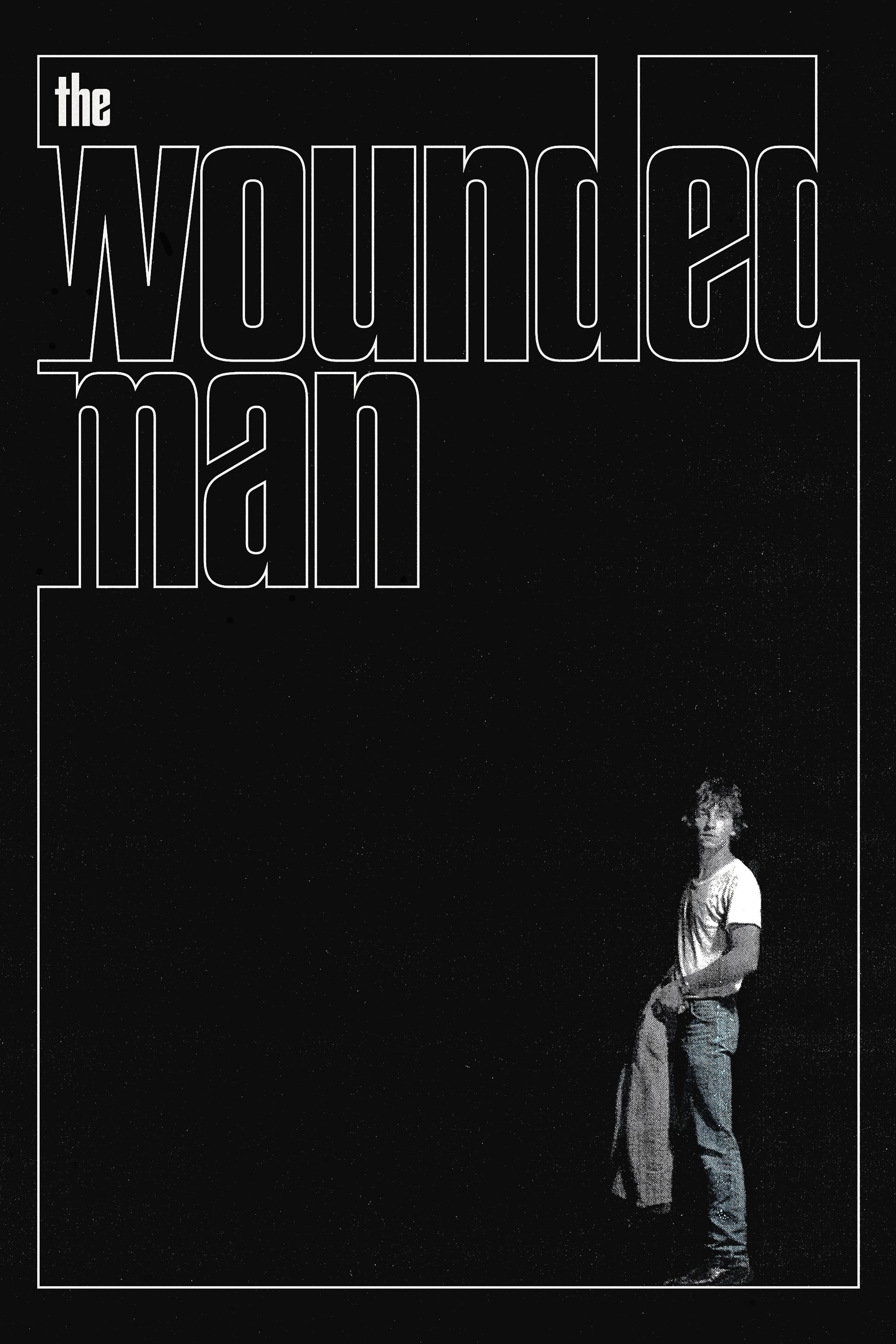 1983-05-25Henri is a lonely, isolated young man who lets no one get close to him. He meets a street hustler and comes out of his shell, going 180 degrees into gay obsession. Though he has yet to physically approach the object of his affection, Henri builds up so much unrequited lust that it explodes with horrible results.
1983-05-25Henri is a lonely, isolated young man who lets no one get close to him. He meets a street hustler and comes out of his shell, going 180 degrees into gay obsession. Though he has yet to physically approach the object of his affection, Henri builds up so much unrequited lust that it explodes with horrible results.Tiznao
 2016-01-01Under the threat of a hurricane pending over the city, Lubrini is looking for his lover, who disappeared in the streets of Havana.
2016-01-01Under the threat of a hurricane pending over the city, Lubrini is looking for his lover, who disappeared in the streets of Havana.Prêtres interdits
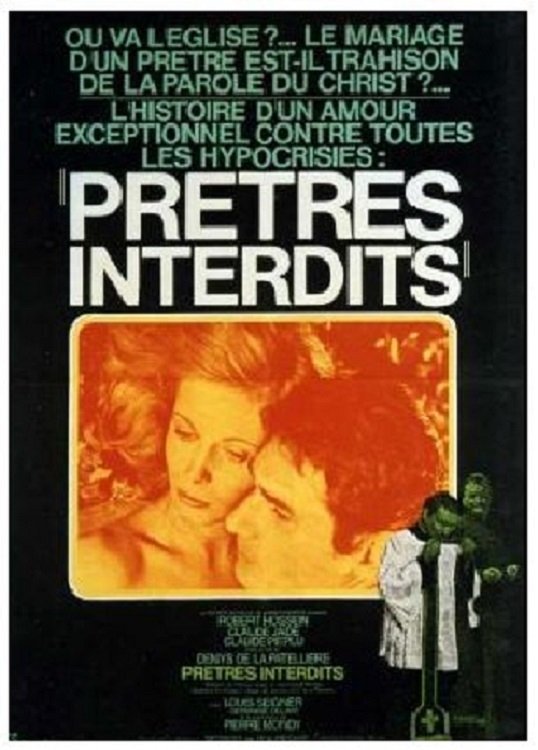 1973-11-22There is no description
1973-11-22There is no descriptionTransparent: Musicale...
 2019-09-27When the Pfeffermans face a life-changing loss, they begin a journey hilarious and melancholy, brazen and bold. As they face this new transition, they confront grief and come together to celebrate connection, joy, and transformation.
2019-09-27When the Pfeffermans face a life-changing loss, they begin a journey hilarious and melancholy, brazen and bold. As they face this new transition, they confront grief and come together to celebrate connection, joy, and transformation.The Jealous Sea
 2018-06-09The boyfriend of a handsome photographer tries to deal with his jealousy after finding nude photos he took of a gorgeous model.
2018-06-09The boyfriend of a handsome photographer tries to deal with his jealousy after finding nude photos he took of a gorgeous model.
